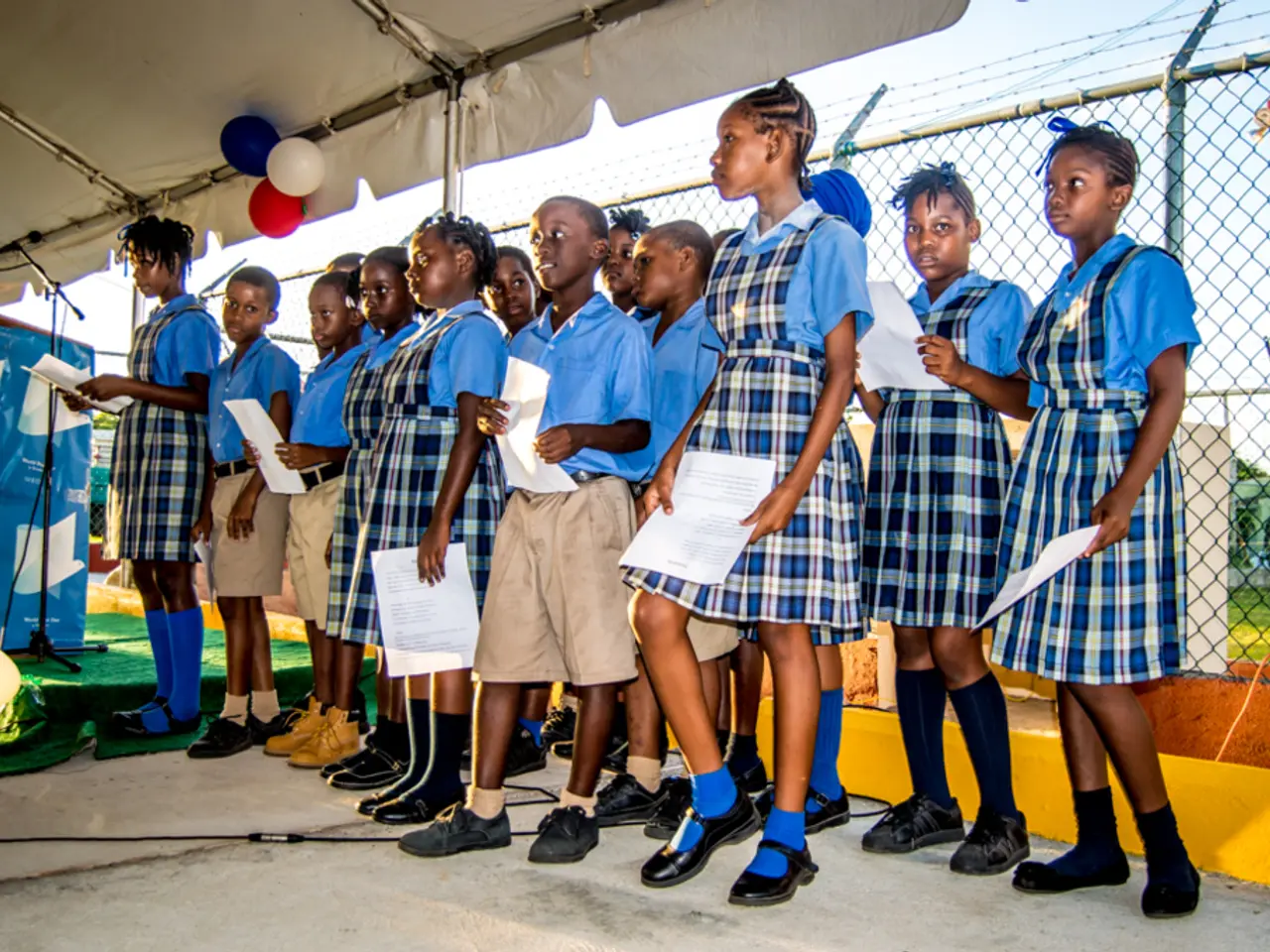Authorities suggest implementing penalties of up to half a million dollars for instances of bullying
The Russian government is taking steps to address bullying in schools and online with a new draft law. Developed by the LDPR, the legislation aims to protect adults from workplace bullying as well. However, the proposed measures face several challenges in their implementation.
The draft law focuses primarily on the legal consequences for individuals, officials, and legal entities found bullying, with fines set for offenders. For individuals, the fine ranges from 10,000 to 50,000 rubles, while legal entities face fines of up to 500,000 rubles. Parents or guardians of a bully under the age of 16 are also held responsible. Officials found bullying face fines of up to 200,000 rubles.
However, the draft law does not include provisions for counseling or support services for victims of bullying. Moreover, it does not address measures for schools to create a bully-free environment, nor does it specify how it will be enforced or monitored in educational institutions. There are also no reported plans for preventive conversations with children who are victims of bullying and their parents.
Bullying is defined as systematic humiliation of another person's honor and dignity, including public discrediting on the internet. The draft law does not currently include preventive measures to combat bullying.
Ekaterina Kosareva, managing partner of the analytical agency "VMT Consult", raises concerns about the subjective nature of personal assessments in conflicts, making it difficult to confirm repeated humiliation. She suggests the need for unified approaches to qualifying bullying to prevent arbitrary interpretations of the concept.
The challenges in implementing this approach include detection and reporting difficulties, legal enforcement complexities, and the need for a broader strategy. Fines alone do not address underlying causes or provide support to victims. A comprehensive policy should include education, awareness programs, mental health support, and collaboration with parents, schools, and online service providers.
International research and neighbouring countries' experiences suggest that policymaking should balance punishment with prevention, victim support, and community involvement for effective reduction of bullying and cyberbullying in schools and online environments.
References: [1] "Combating Bullying in Schools: An International Perspective." UNESCO, 2018. [3] "Cyberbullying in Russia: A Qualitative Analysis of School-aged Children's Experiences." Journal of Adolescence, 2019. [5] "Bullying Prevention in Schools: A Systematic Review of Effective Interventions." Journal of Educational Psychology, 2017.
Read also:
- Discussion between Putin and Trump in Alaska could potentially overshadow Ukraine's concerns
- Court petitions to reverse established decision on same-sex marriage legalization
- Independence supporters in New Caledonia refuse agreement offering authority without a vote on sovereignty
- Proposed Standardization of Food Labeling Laws Among Member States by the Commission








